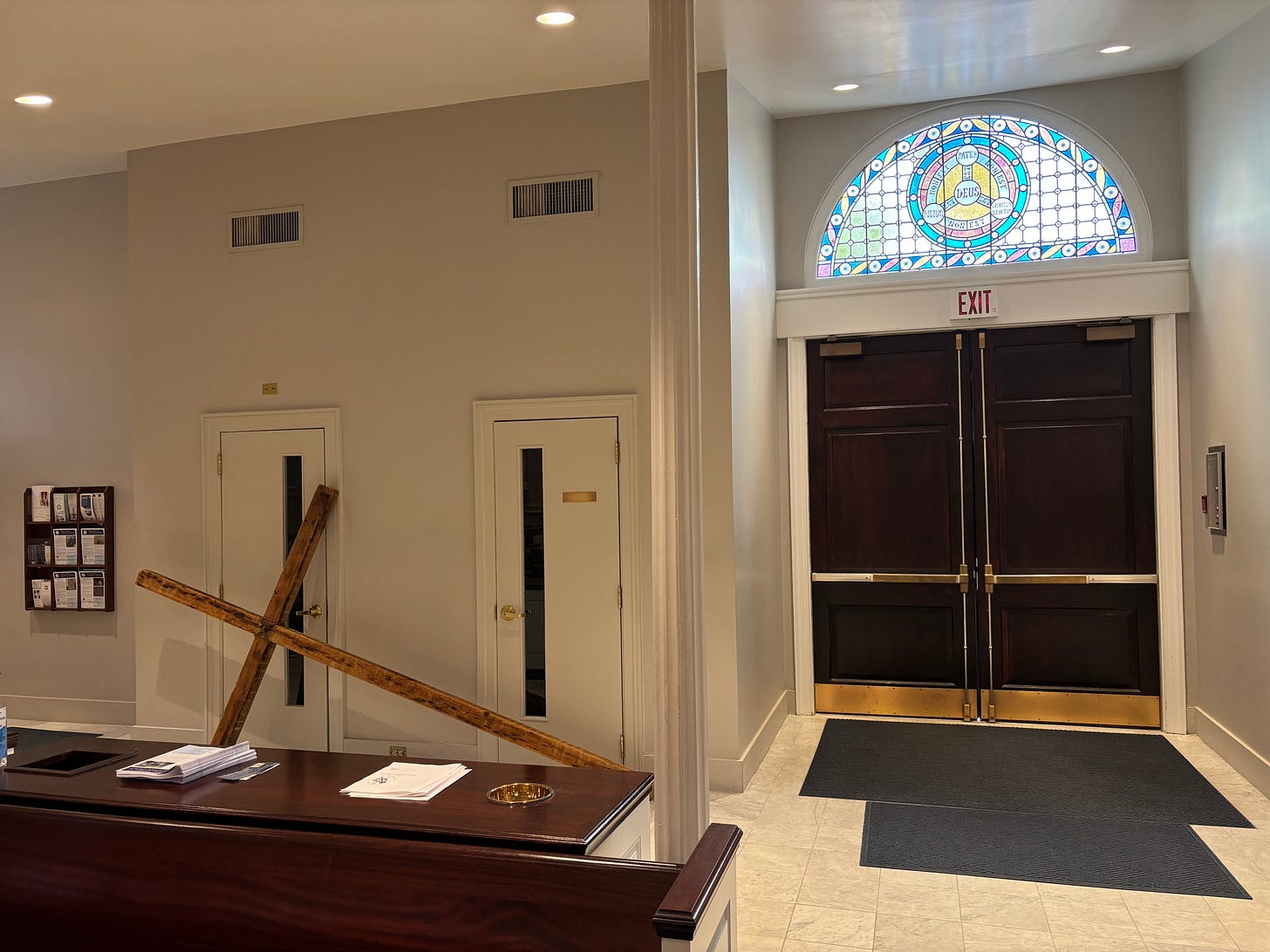Something ain't right.
That's the chorus of a song by a singer named Sharon Van Etten. We saw her live at the 9:30 club last week. I joked afterward that she and her amazing band ripped my face off.
It's an awkward phrase. I was caught up in the moment. But what it means is that the glaze of life — the stress, the worry, the artifice, the boredom, the f…
Keep reading with a 7-day free trial
Subscribe to Border-Stalkers to keep reading this post and get 7 days of free access to the full post archives.




